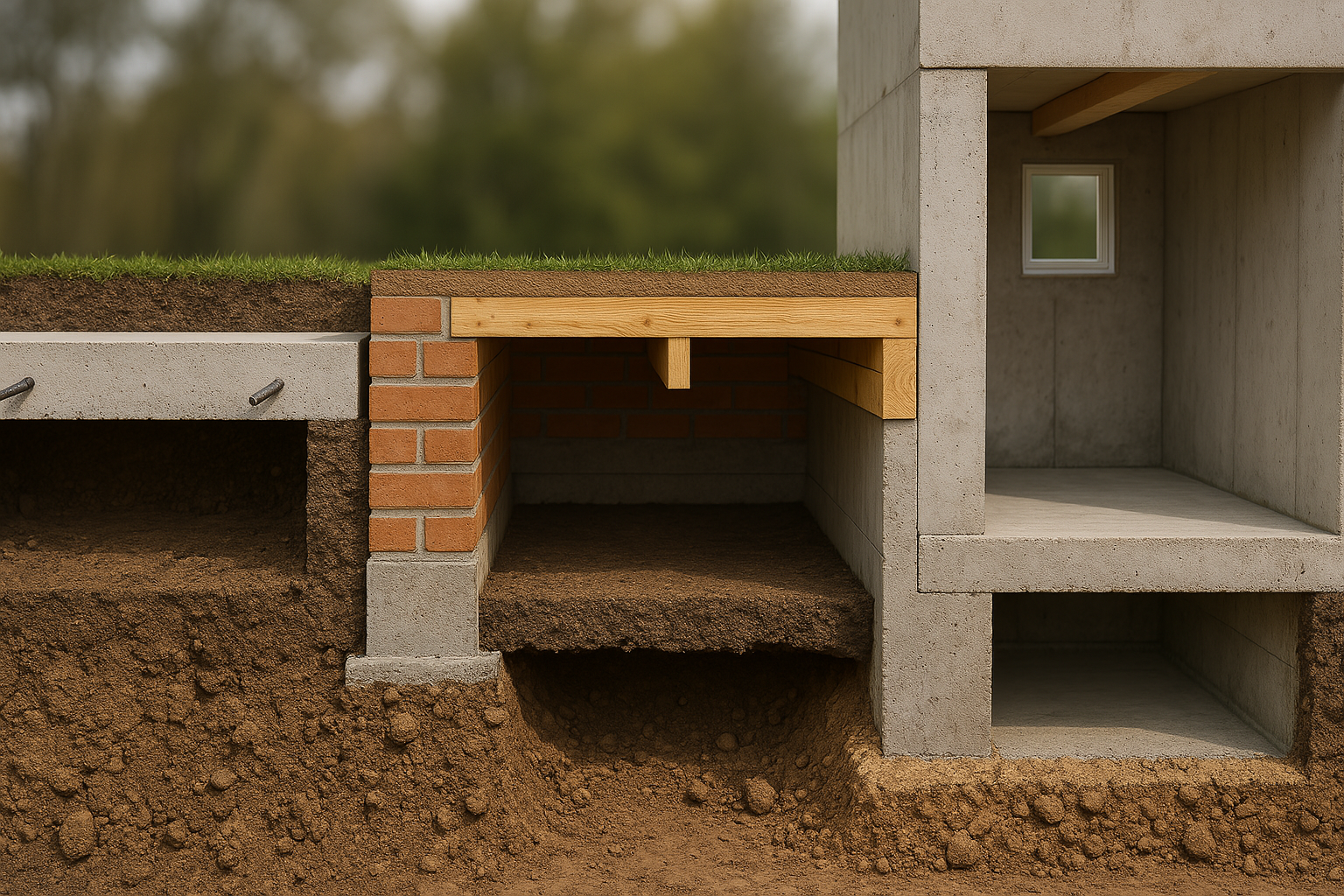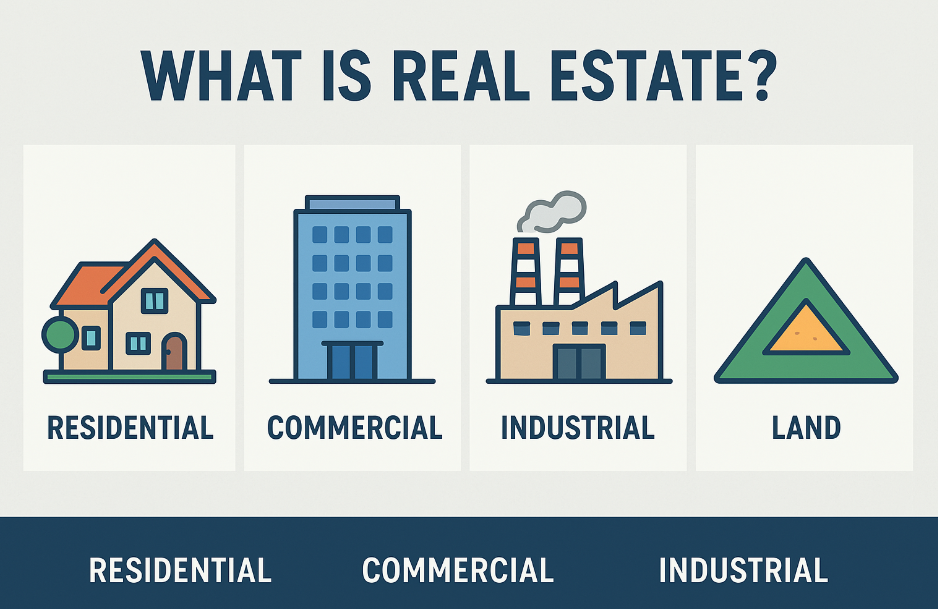
Check out our app!
Explore more features on mobile.
Mastering Real Estate Due Diligence: The Essential Investor’s Playbook
Published on 2025/02/20
In today’s competitive real estate market, the difference between a profitable investment and a costly mistake often comes down to one critical factor: thorough real estate due diligence. Whether you’re evaluating rental properties, planning extensive renovations, or reviewing inspection reports, comprehensive property investment research provides the foundation for sound investment decisions.

The Fundamental Elements of Real Estate Due Diligence
Financial Analysis: Looking Beyond the Surface Numbers
Successful real estate due diligence begins with rigorous financial analysis. Smart investors know that surface-level numbers can be misleading. To truly understand a property’s potential:
- Calculate Accurate Cash Flow Projections: Analyze rental income against all possible expenses, including mortgage payments, property taxes, insurance premiums, property management fees, and routine maintenance costs. Factor in realistic vacancy rates based on local market conditions.
- Estimate Cap Rate and Cash-on-Cash Return: The capitalization rate helps you compare different investment opportunities, while cash-on-cash return measures the actual cash yield on your invested dollars. Both metrics are essential components of thorough financial due diligence for real estate.
- Stress Test Your Investment: Model various scenarios, including interest rate increases, unexpected maintenance issues, and longer vacancy periods. This helps you understand the property’s resilience during challenging market conditions.
Physical Property Assessment: Beyond Standard Inspections
Investment property inspection forms another pillar of comprehensive due diligence:
- Professional Inspection Reports: While standard home inspections provide valuable information, savvy investors often commission specialized inspections for roofing, foundation, HVAC systems, and electrical components.
- Property Condition Assessment: Evaluate the remaining useful life of major building systems and estimate replacement timelines and costs.
- Environmental Due Diligence: Depending on the property type and location, consider Phase I or even Phase II environmental site assessments to identify potential contamination issues or environmental liabilities.
- Building Code Compliance: Verify that all structures and renovations comply with current building codes. Non-compliance can lead to costly repairs and potential legal issues later.
Legal and Regulatory Due Diligence: Protecting Your Investment
The legal due diligence in property buying is often overlooked but can have significant consequences:
- Title Search and Insurance: A comprehensive title search reveals easements, encroachments, liens, or other title defects that could affect your ownership rights. Title insurance protects against unforeseen claims.
- Zoning and Land Use Regulations: Verify current zoning and any planned changes that could impact property value or intended use. This critical component ensures your investment plans remain viable.
- Permit History and Verification: Review the property’s permit history to confirm all renovations were properly permitted and inspected. Unpermitted work can lead to complications during future sales or renovations.
Market Research: Understanding the Investment Landscape
Comprehensive real estate due diligence extends beyond the property itself to include thorough property investment research:
- Neighborhood Trends and Development: Investigate planned developments, infrastructure improvements, or other changes that could affect property values in the area.
- Rental Market Analysis: Study local rental trends, vacancy rates, and tenant demographics to ensure your investment strategy aligns with market demand.
- Comparable Sales and Rentals: Analyze recent sales of similar properties and current rental rates to validate your purchase price and projected rental income.
Technology and Tools to Enhance Real Estate Due Diligence
Modern investors leverage technology to streamline the due diligence process:
- Property Management Software: Use dedicated software to analyze operating expenses, track maintenance history, and project future capital expenditures.
- Renovation Cost Estimators: Specialized tools help calculate potential renovation costs and timeline estimates for budgeting purposes.
- Due Diligence Checklists: Comprehensive checklists ensure no critical aspects of the real estate due diligence process are overlooked.
Conclusion: Due Diligence as a Competitive Advantage
In today’s real estate market, thorough due diligence isn’t just a precaution—it’s a competitive advantage. By implementing these comprehensive real estate due diligence strategies, you transform uncertainty into opportunity, minimize risks, and maximize returns on your investment.
Remember that real estate due diligence is not a one-size-fits-all process. The specific elements you emphasize will vary based on property type, investment strategy, and market conditions. However, the fundamental principle remains constant: the more thoroughly you investigate before investing, the better positioned you’ll be for long-term success.
At Builds and Buys, we provide investors with the tools, resources, and guidance needed to conduct methodical, comprehensive real estate due diligence. Through our step-by-step Builds, Buys, and Invest framework, we help you navigate each phase of the due diligence process with confidence and precision.
Real Estate News And Knowledge
Stay informed with the latest trends, insights, and updates in the real estate world.

Tariff Uncertainty and National Real Estate Slowdown
As American tariff threats loom, national real estate sales are on a downward trend. However, Athabasca County remains largely unaffected—at least for now...
Read More
Construction Site Preparation: The Complete Step-by-Step Guide for Real Estate Investors
Proper site preparation is the foundation of every successful construction project—skip it or cut corners, and you risk costly delays, structural problems,...
Read More
Are Solar Panels Worth It When Building a New Home? A Comprehensive Cost-Benefit Analysis
Installing solar panels during new home construction is a significant decision that impacts both your environmental footprint and....
Read More
Landscaping: Strategic Implementation Guide for Real Estate Investors
Landscaping represents a critical investment opportunity that significantly impacts property marketability, valuation, and operational costs....
Read MoreYour Tools
Access your tools to manage tasks, update your profile, and track your progress.
Collaboration Feed
Engage with others, share ideas, and find inspiration in the Collaboration Feed.






Leave a Comment